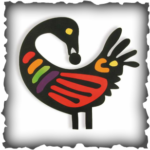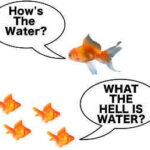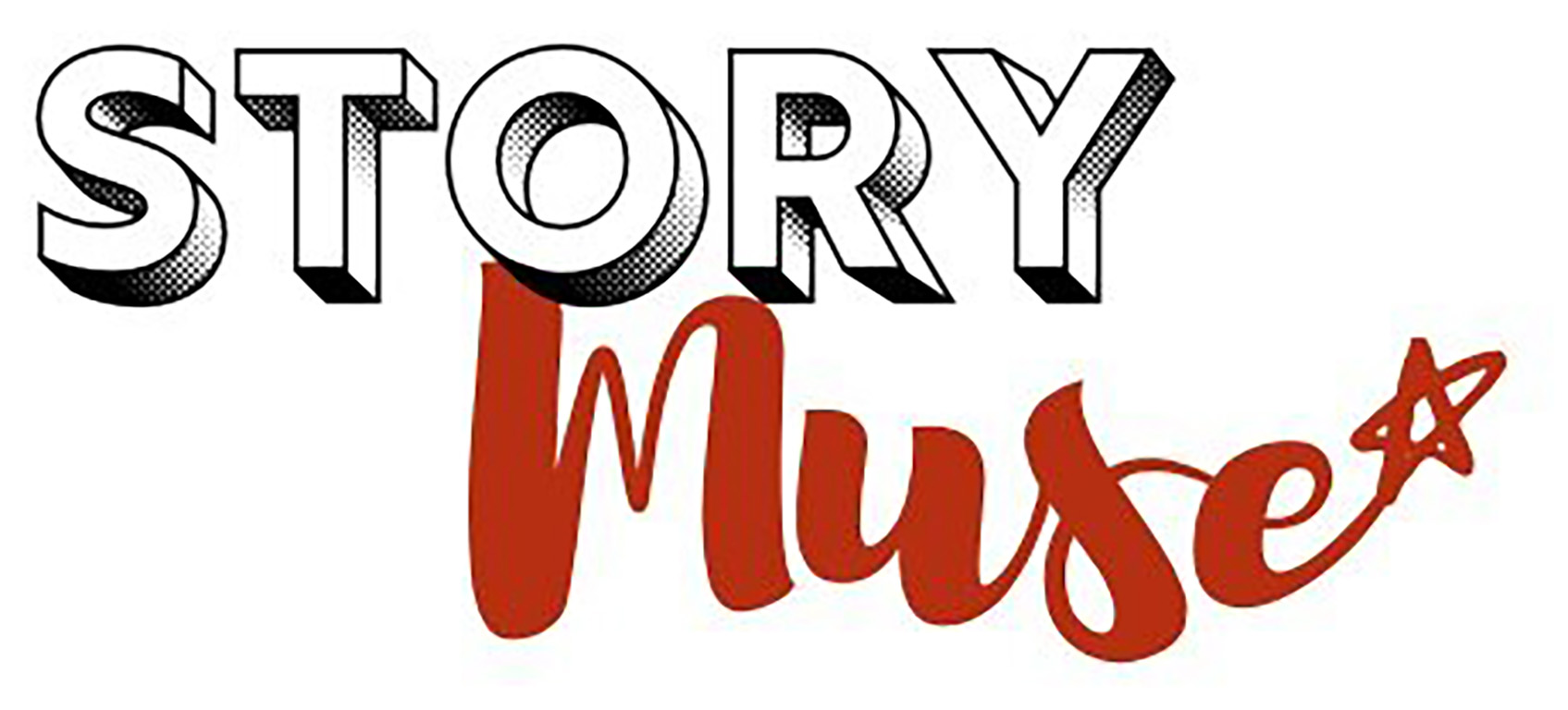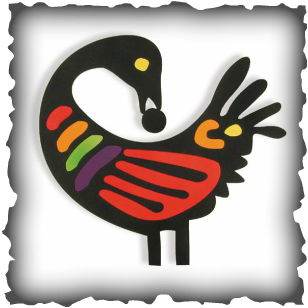For more than a year now, I’ve been working on my first full-length performance as a storyteller. It’s taking so much deep, soul work to pull this show out of me. And that is because I’m very afraid. And that is because it’s so important.
Last month at ROOTS Week, a gathering I go to in North Carolina every year, I performed a section of the piece for an audience that has been witnessing my growth and evolution as a storyteller for nearly twenty years. Getting there was a journey through one of the most stressful summers I’ve ever endured. Thankfully I had this opportunity as a guidepost to help me see my way through. I was able to meet with mentors throughout the summer to help shape and develop the work, especially as I grappled with the creative challenge of distilling what will eventually be a fuller work into a showcase slot.
 One of the epiphanies along the way, inspired by ROOTS Week’s theme, became what we lovingly referred to as the “Sankofa seed” moment. In Ghanaian legend, the Sankofa bird represents looking back into the past while moving toward the future. In many visual depictions of the bird, there is a seed in its mouth, perhaps nestled in its wings, as a symbol that seeds of the past can bear fruit later.
One of the epiphanies along the way, inspired by ROOTS Week’s theme, became what we lovingly referred to as the “Sankofa seed” moment. In Ghanaian legend, the Sankofa bird represents looking back into the past while moving toward the future. In many visual depictions of the bird, there is a seed in its mouth, perhaps nestled in its wings, as a symbol that seeds of the past can bear fruit later.
As I prepared my performance, I sent a version of the script to one of my mentors with a very abbreviated paragraph pointing to what would become the section below. It started out bracketed with something like, [“I don’t know, I’m just spitballing here, but I feel like why I would choose this particular story for this audience might be…”] When we got together, she was like ARE YOU KIDDING ME? This is the story right here!
And so, what began as a throwaway idea at the end of some text became a significant section of the story…
****
It took decades for me to understand why I languished the way that I did. There were so many jobs that I pinballed through. Some of them I was quite good at, but I never really felt like I fit into any of the boxes. I never understood why I was banging my head up against all of these systems.
Until 2010 when two things happened simultaneously. Personal storytelling came into my life in the form of The Moth. An early version of The Moth came to a bar in Atlanta and right away, I took to it like a duck to water. I could feel it in my body and in my spirit that it was something I was good at.
 At the exact same time, Jo Carson, our beloved elder and founder here at ROOTS also came into my life! I was working in the ROOTS office and therefore responsible for helping manage the fundraising we were doing for Jo’s cancer journey. Through our conversations, Jo learned that I was starting to dabble at storytelling. She invited me to send her my stories.
At the exact same time, Jo Carson, our beloved elder and founder here at ROOTS also came into my life! I was working in the ROOTS office and therefore responsible for helping manage the fundraising we were doing for Jo’s cancer journey. Through our conversations, Jo learned that I was starting to dabble at storytelling. She invited me to send her my stories.
What an opportunity!
The thing was, though, I’d had storytelling in my life all along, I had grown up in the shadow of what was becoming the International Storytelling Center in Jonesborough, Tennessee. They sent professional storytellers to our schools. I was invited in my little storytelling club to tell stories back to those big professional storytellers like Doc McConnell.
I would go to camp at nine years old, and I would mimic the stories back to the counselors.
But also I was already starting to get messages that storytelling wasn’t a real job, and I was definitely taking on internalized oppression and shame about Appalachia. It didn’t help that we moved around such that my sense of “placeness” kept me disconnected. So I felt somehow divorced from Appalachian culture and folklore, even though it was all around me.
 It’s kind of like that joke about the the two young fish that run into the old fish, and the old fish says, Hey, boys, how’s the water? And the young fish say, What’s water?
It’s kind of like that joke about the the two young fish that run into the old fish, and the old fish says, Hey, boys, how’s the water? And the young fish say, What’s water?
Storytelling was the water that was all around me.
By the time Jo invited me to send me her my stories, I was swimming in that water, but I couldn’t see it. One day she called me up and she said, “Turner, I’m gonna need you to tell me a better story. You are constantly hiding, waiting to be found. Every story you send me is about how you dropped it, messed it up, tripped over it. You’re always positioning yourself as the underdog
When are you going to wake up and become the hero of your story?”
It wasn’t exactly the moment where I stepped over the line and became a professional storyteller, but…well…many streams become the rivers that become the ocean. Now that is the water that I very much see that I’m swimming in today.
****
Click here to view a 2-min video about what else happened with Teapot this summer.

